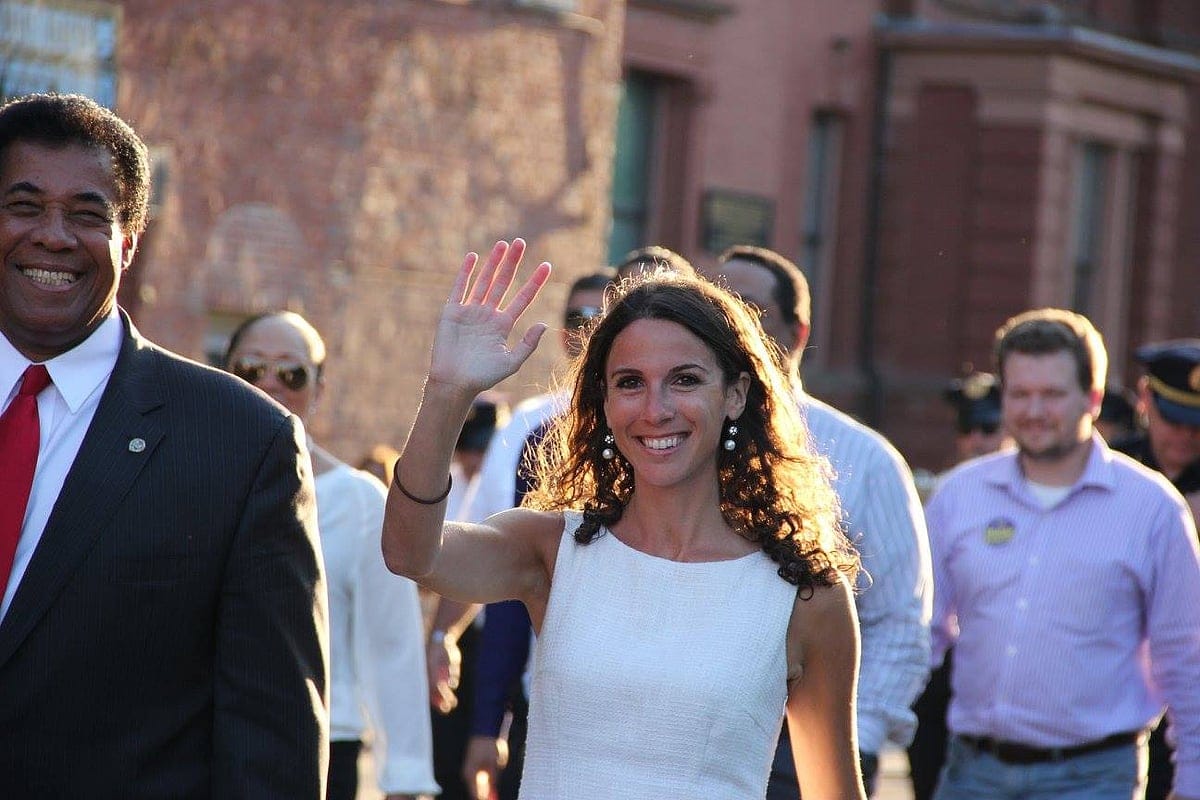News

State Auditor Diana DiZoglio Appeals To State Attorney General Andrea Campbell In Bid To Audit Massachusetts Legislature

By Chris Lisinski
State House News Service

